Underestimating Adam Grant’s book would be an easy mistake. A superficial summary would sound like a set of homilies: It is better to give than to receive, be nice to other people, and so on. However, you should look past that first impression because Grant’s examples and research provide empirical support for his argument that – properly understood – giving offers a superior way to do business. getAbstract recommends this good-hearted look beyond the Golden Rule to managers, leaders, and those interested in ethics and in making the world a better place.
What Kind of Person Will You Be?
Every time you interact with someone else, you choose what sort of person you will be. Will you be a “taker,” looking out for yourself and letting others fend for themselves? Will you be a “giver” and do what’s best for others? Or will you shift according to the situation, becoming a “matcher” who treats others as they treat you? To complicate this decision, you might want to know which of these three styles is likeliest “to end up at the bottom of the success ladder.” It’s the givers. Engineers who give more help than they get score lowest on job performance, and the most giving first-year medical students have the lowest grades. But givers also occupy the highest ranks of the ladder. The middle is full of takers and matchers; givers fill the top and bottom.
Giving aligns with the core values of many religions and cultures, and its importance grows as the economy changes. Think back a few generations to when people worked more or less independently, whether producing goods or growing crops. Today, people collaborate, often in teams. With teams, giving works better than taking. Giving is also more fruitful in service businesses, a sector...








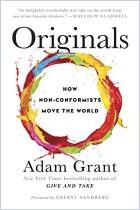
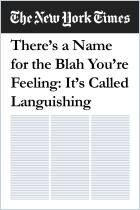
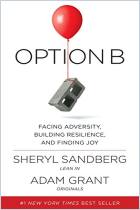
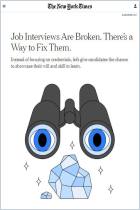
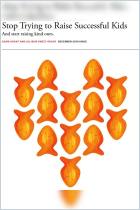

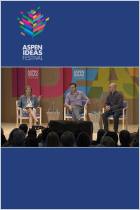
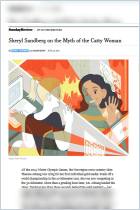
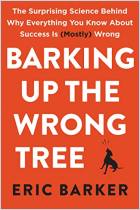

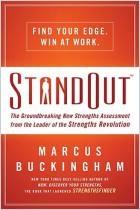

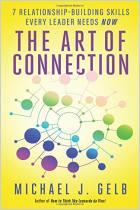
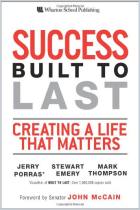






Comment on this summary or Start Discussion